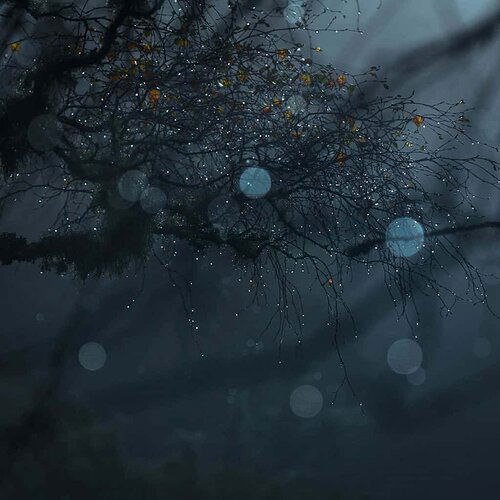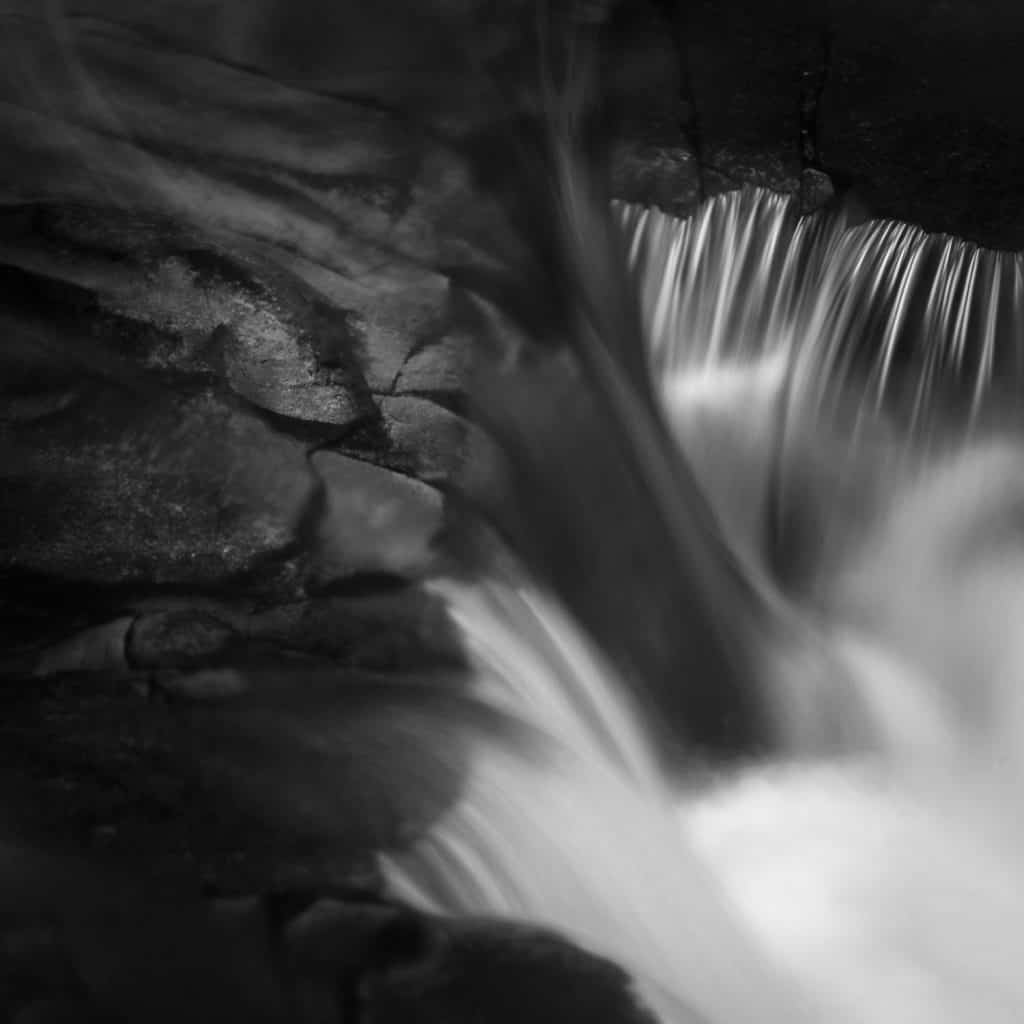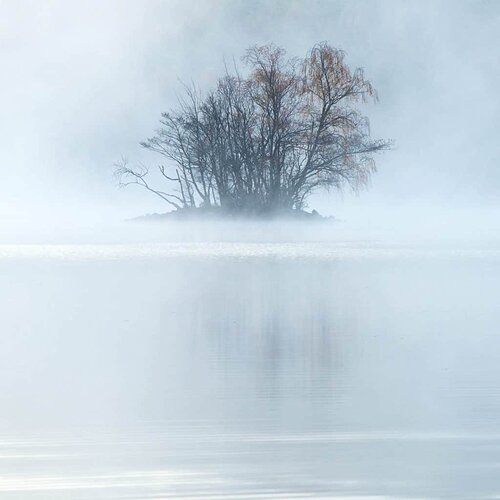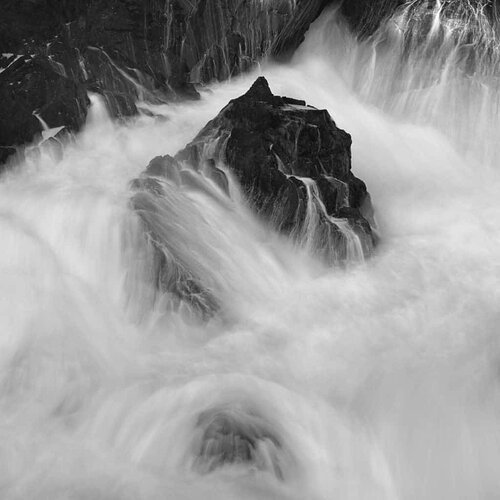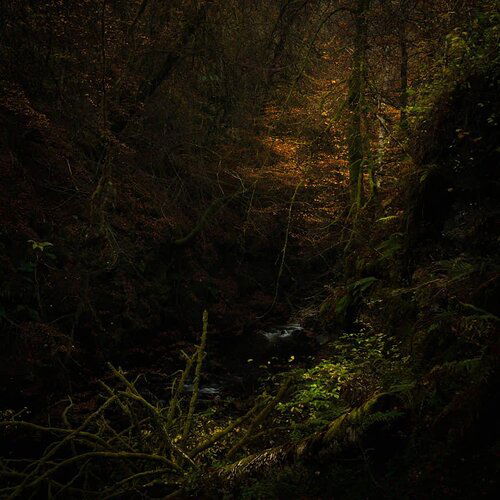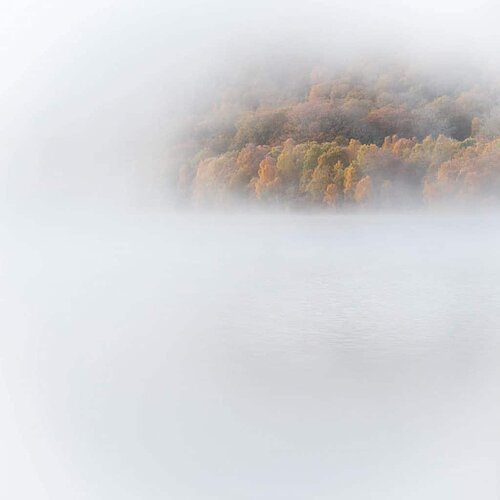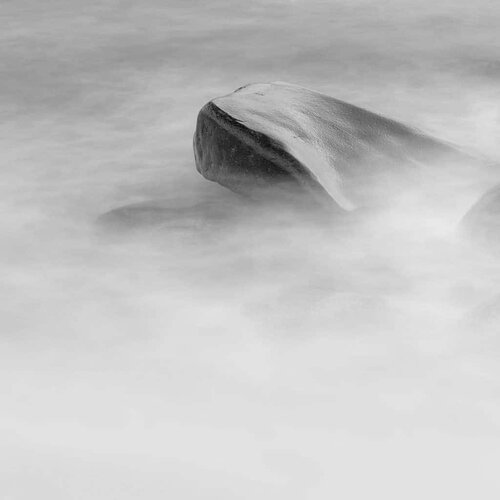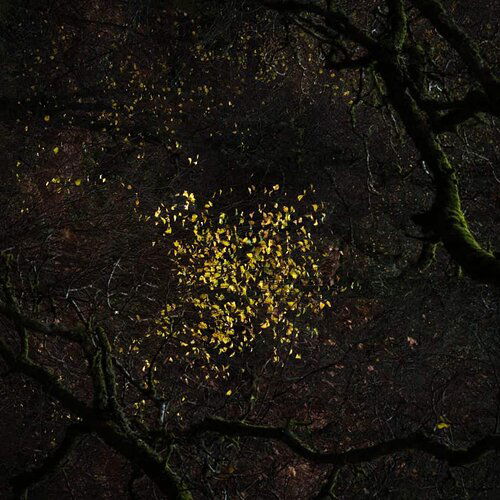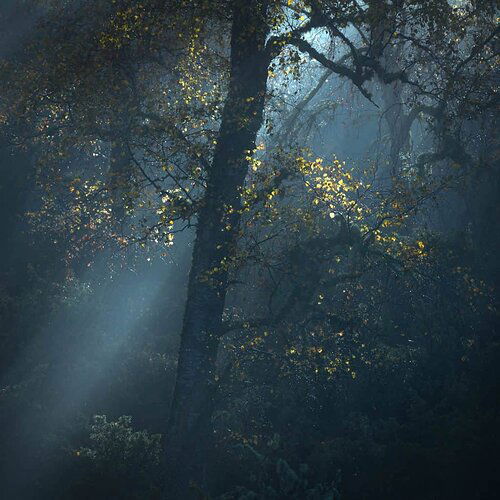Originally published at: https://www.naturephotographers.network/finding-your-muse/
The idea of having an inspirational person or force in your creative life is not new, the word muse deriving from Greek and Roman mythology and the Nine Daughters of Zeus; the goddesses presiding over the arts and sciences. In more contemporary times, artists such as Van Gogh and Salvador Dali both had one or more muses, and the concept is very much alive and well today.
“I believe that how I’m feeling changes how the world appears”
Neil Peart
Our perceptions of the world shape our perspective; each day, week or year; in fact, from one moment to the next we can show dramatic variability in versions of ourselves. It is this constant ebb and flow of our life and personality that continuously influences our view of the world, with a limited grasp on the absolute. Recently I began to think seriously about my relationship with the landscape and what it is there that drives me to make photographs. It had to go deeper than the “that’s a pretty scene,” yet for years the answer to the question was elusive, almost as if hidden from me, waiting to reveal itself until after I stopped looking. Such are the ways of creativity!
“The best compositions are the ones you don’t look for”
Alister Benn
In this article I want to explore the concept of finding our muse in the landscape, giving our images purpose and discovering who we really are in the process. An ambitious goal perhaps, but life should be a challenge!
Like most men of my age, I have been through phases of wondering what life is all about. We are dependent upon nurturing family units until we leave the nest, taking our own hesitant steps out into the world. Much of life seems focussed on the pursuit of knowledge that gets us paid enough to provide basic needs and then a growing profusion of stuff, often followed by our own kids to nurture. Thus the cycle continues ad infinitum. I am surely not alone in having had the thought “what’s life all about?” Of course, when such questions arise, the internet is there to provide answers! And the best philosophical answer to “What is the meaning of life?” I ever came across was this.
“Being so consumed in your passions that you don’t have time, nor inclination to ask the question!”
As nature photographers, we have an ideal opportunity to be consumed by our passions. Surely it’s one of the main reasons we all do it in the first place? We also raise barriers between us and this state of engagement, invisible perhaps, but substantial enough to stop us in our tracks. We can be so consumed with distractions, blind alleys and questionable motives that we miss the point of nature photography completely!
Losing you muse
I talked earlier about the development we all share; we’re born, grow up, educate ourselves, start working, engage in relationships and perhaps have kids, before eventually, it all comes to an end. If we look back to how we were as children, especially those of us old enough to remember a time before the internet. I’d run around outside on long summer days, playing with stick swords, imagining orcs and dragons in every glade I’d stumble upon. On wet days, I’d be happy with a cardboard box fort and maybe a few plastic soldiers or animals. We’d read books and get lost in worlds that lit up our minds like fireworks, and perhaps draw out our fantasies with coloured pens or paints.
In Zen Buddhism, we call this enquiring, engaged state “beginners mind,” and it’s an expression I love. Children see everything this way, running through fallen leaves, jumping in puddles, staring at a caterpillar for an hour, or just lying on their backs looking at clouds. It’s fair to say sadly that we lose a great deal of this beginners mind as we get older. Education replaces wonder with explanations, and familiarity deprives us of inquisitiveness; we get sensible, rational and often boring! A soon as we start to learn from our teachers, we begin to lose our innocence and individuality, ironic really, given that one would think education should be illuminating rather than standardising.
Building Barriers
Education and society tend to make us conform, to fit in with the crowd, not to stand out too much. The judgement of others is a fundamental aspect of this society, and the subsequent rise of expectations pervades our lives. My grandmother once asked a precocious 6-year-old version of myself “What will you do when you leave school?” To which I replied, “go to university of course!”
Societal expectations, judgements of suitable paths and peer/family pressure laid out my life before me like a set of railroad tracks. I was much older before I discovered the joy of free will, and older yet before I acted on it.
Looking at nature photography specifically now, and reviewing my own journey. So much of it was trying to fit in, making images that I thought would be acceptable or popular, although ironically when I very first started, I was initially more spontaneous and creative. It turned out, the more I read, the more I conformed and suppressed my innate expression. I take great pains when educating these days to specify that the intellectualisation of nature photography is there as a theoretical analysis of the innate, not a blueprint on which to build our work.
The intellectualisation of nature photography is there as a theoretical analysis of the innate, not a blueprint on which to build our work.
Expectations of weather, light conditions, pre-visualised images, our performance on the day, our gear, cloud cover or anything else, are the curse of nature photography. They blind us from opportunities beyond our immediate sense of desire, practically blinding us of inspiration, spontaneity, and expression. Extrapolating those expectations forward to the image we ultimately make and it’s life in the universe as an articulate, independent statement, our perception of the feedback we receive about it often shadows our own creative aesthetic judgement and affects our future behaviour. In short, we can be drawn into making images we know will be popular, even if they are not the images we want to make!
It’s easy to get lost in photography, bogged down with this technique or that, the validity of others opinion over our own, and the gear ladder of corporate fulfilment. What I propose is taking back ownership of intent, self-fulfilment, and oneness with our environments.
Stop searching
Finding your muse and finding your creativity are synonymous with each other, but you’ll find neither by looking. Should we all go to the beach together with a notebook, all sit and look out over the scene and make some short notes on what we see, engage with and feel, which set of notes is most valid? Someone who has been to the beach before? Someone who’s seeing it with fresh eyes? The person with the most note-taking experience? Or someone who’s read a book on what to look for at beaches?
The idea that one set of notes should be more valid than another is frankly ridiculous, and I’m sure many of you would be outraged by the idea of someone walking over, reading your notes and telling you they were wrong!
This happens all the time with our camera note-taker! Somebody supposedly has a better set of notes than someone else. I believe creativity comes when you listen to your own internal script; noticing the things that you engage with, whether it is a curious arrangement of seaweed, or the water swirling around a rock pool. Social media wants us to conform and make images that will get liked, shared and go viral. Memes of questionable relevance!
Creativity is something you already have, and you don’t need to look for it; just release it.
Your Muse
Allowing your muse to appear involves a surrender to a more basic state of existence and stripping down barriers to your engagement with the world, opening your eyes for the first time since being a child, and allowing them to be inquisitive, frivolous and intense. Removing judgement from your awareness and replacing it with an acceptance of how things are, at that moment. Feeling things instead of seeing them, innately engaging with what’s in front of you, rather than what you wish was there. It all sounds so glaringly simple, but our barriers have grown tall over the years. “What if people laugh at me?” “Why are their no damned clouds?!” “That person knows better than me!” In all honesty, who knows you better than you, who can see the world through your eyes better than you? Being valid and having a self-belief in your own existence and it’s relevance, writing your notes with sincerity and passion.
What I’ve discovered this past year is that my muse is a mirror of me, reflecting the known and the unknown, the happy, the sad, the fearful and the joy. The landscape then becomes a personification of my perception, I am in it, feeling, seeing, touching, tasting, smelling and hearing. I’m immersed in a world of which I am a part, and it’s holistic and welcoming. The perils of falling into the emotional spiral of reflection, like Narcissus, lost in the minefield of the past, or an unknown future.
Finding your muse is about finding yourself, or facets of self, and once we recognise ourselves externally, we know ourselves internally, somehow awakened to areas of our mind hitherto hidden. Allowing them to be valid, dissolving the dependence on ego and replacing that with a fundamental feeling of being here, right now. Should we go into nature with an open mind free of expectations, a beginners mind and a non-judgemental attitude, then our causes and creativity can have a voice. Our own voice.
The opposite of this is something we all do so well; suppression of innate creativity, trying to silence the voice in your head when it’s been screaming at you for a decade! “Listen to me; I know who I am and what I want to be.”
I started the article by saying that your muse was an inspirational person or force: Isn’t it just possible that person is you, even if it’s reflected in the eyes of another, or in the glint of light in a raindrop? Stop and listen, that gentle beating in your chest if your life, each beat, one less. There is a you that should be heard, your notes, your life and loves, each as valid as any other. The externalisation of aesthetic judgement is perilous when nobody knows you as well as yourself, your muse.
